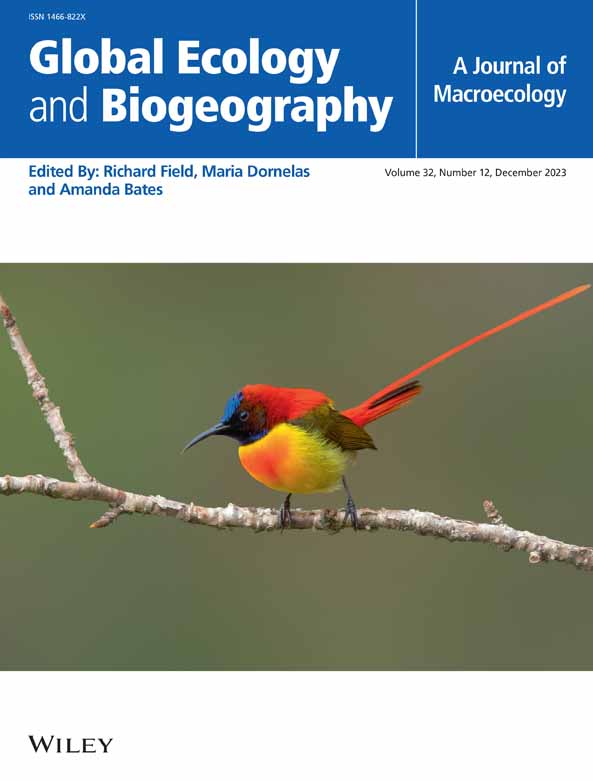Emergence and Dynamics of Regional Species Pools
Abstract
The Importance of the Regional Species Pool
The regional species pool—the set of species capable of entering a local community—is a foundational concept for understanding ecological processes that occur between local and extensive (biogeographic) spatial scales. However, the lack of precise definitions for the regional species pool, coupled with limited research into the dynamics of regional biodiversity, has impeded the development of a comprehensive framework to explain the mechanisms shaping these pools.
Processes Governing Regional Species Pools
Although ecological processes at local and extensive scales are relatively well understood, the mechanisms shaping regional biota remain less clear. Regional species pools are likely shaped by a unique set of processes that often overlap minimally with those operating at local or extensive scales. Despite their significance, our understanding of the specific mechanisms driving the dynamics of regional species pools remains incomplete.
The Need for a Theory of Regional Species Pools
We argue that it is essential to prioritise the study of the regional species pool for two reasons. First, the regional species pool bridges spatial and temporal scales from ecological dynamics in landscapes to the long-term processes shaping the biotas of entire biogeographic provinces. As such, understanding the dynamics of species pools addresses fundamental questions about the origin, maintenance, and dynamics of biodiversity. Second, effective biodiversity conservation in the Anthropocene hinges on understanding the processes that operate at regional scales.


 求助内容:
求助内容: 应助结果提醒方式:
应助结果提醒方式:


